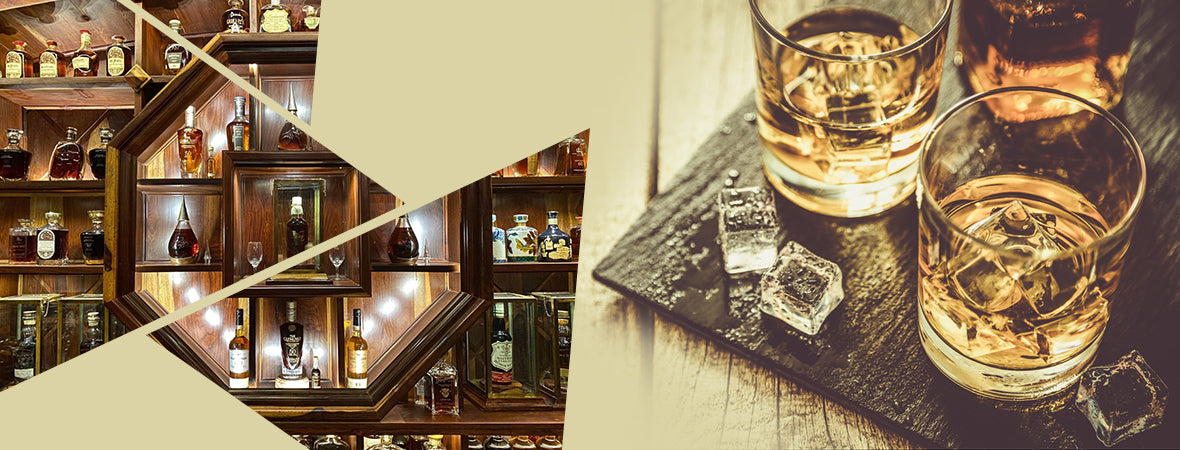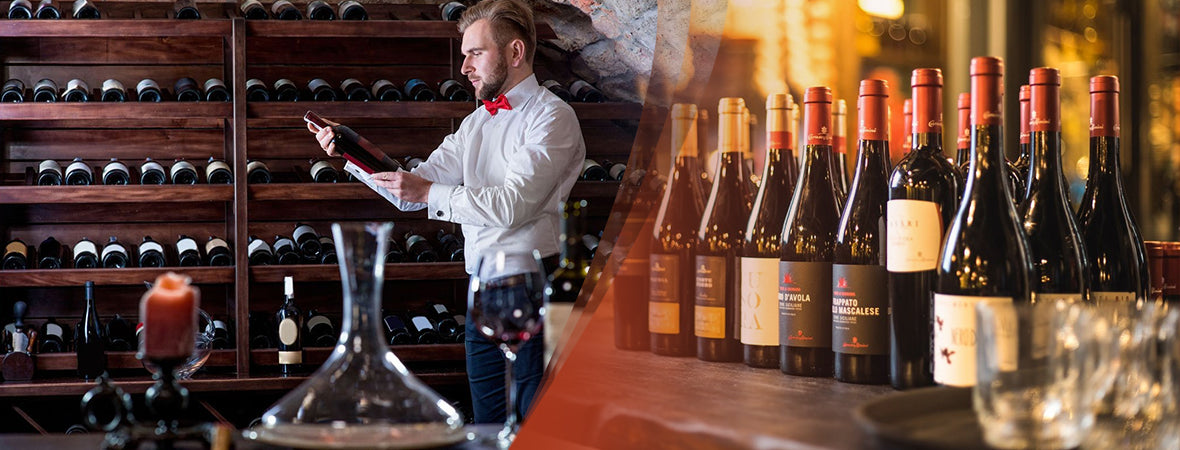Throughout the centuries, whisky has proven to be one of the most enduring and popular alcoholic spirits in the world, with a vast range of countries attempting to produce whiskies in their own style today. Whilst we commonly associate whisky with the golden age of Scotland in the 19th century, the Scots were far from the first to make this special and recognisable drink. Indeed, there is much evidence to suggest that the techniques still common to this day were being employed by ancient cultures across the world, with much debate over who was the first to actually make and enjoy this drink. One of the most popular theories points towards the ancient Babylonians of Mesopotamia, who could well have been fermenting grains for the production of whisky as long as four thousand years ago, where it was enjoyed as an aromatic drink, flavoured and perfumed with various spices, and used as a medicinal treatment for a wide range of ailments. Fast forward a few thousand years to the medieval times, and whisky was brought to the British Isles, where it was made in the 15th century by Irish and Scottish monks for both medicinal and recreational drinking. It remained a practice of religious communities for some time, before King Henry VIII of England destroyed the monasteries and set up his own church, forcing whisky production into homes and specially set up distilleries. However, whisky in the 15th and 16th centuries was almost unrecognisable from the drink we widely enjoy today, as the distillate was not left to age and mellow in wooden casks, resulting in a harsh, highly alcoholic and somewhat brutal drink not for the faint of heart. Indeed, it is likely that several people died from drinking this early whisky, as it was difficult to control the alcohol content in the drink. Scottish and Irish Whisky Over time, whisky became an important product for both the Scottish and Irish economies, where the practices involved in making the drink were relatively similar, and resulted in similar whisky styles. However, today Irish whiskey (note the difference in spelling) distinguishes itself from Scotch whisky by being distilled three times, and by law must be aged for a minimum of three years in wood, where it takes on its distinctive earthy and oak tones. Irish whiskey is also usually made from unpeated malt, whilst Scotch whisky prides itself on the peat smoking process (where the grains or malt used in the production are infused with smoke from burning the black peat which is found all over the country) which helps give a beautiful and unusual flavour reminiscent of the highland air. Whiskies of the USA One of the other key countries to involve itself in whisky production over the past couple of centuries has been the United States of America, where immigrants from the British Isles were quick to set up whisky distilleries of their own in the New World. American whiskies differ quite considerably from their Scottish and Irish cousins, as they commonly use both corn and rye in their cereal content – ingredients which were growing extensively in the United States and required little cultivation. American whiskies are split into several categories, being Bourbon, Malt, Rye, Corn, Rye Malt and Wheat whisky, each of which must contain no more than eighty percent alcohol, and must by law be aged in wooden casks (with the exception of corn whisky). It is worth mentioning Tennessee whisky, a style which normally stands out from other American whiskies and which is enjoyed all over the world. In Tennessee, it is common for their whiskies to be filtered through charcoal made from sweet maple, which lends the drink a distinctive and very American flavour. Canadian Whisky Further north, we find the interesting and highly drinkable Canadian whiskies, which are often far lighter and smoother than their USA counterparts. In Canada, whiskies are often sweetened using caramel, and have various flavourings added to their blend. Whilst Canadian whiskies are unlikely to satisfy purists in the Old World, they are widely popular in Canada and various other countries due to their accessibility and unchallenging nature. Other Countries The past few decades has seen an explosion of whisky production all across the globe, and notable countries include those in Scandinavia, where distilling all sorts of grains and herbs has been commonplace for centuries. Scandinavian whiskies – particularly those made in Sweden and Finland – have received critical acclaim recently, and it is expected there will be several more distilleries opened in the next few years. Germany is also establishing a whisky culture, as are countries as far away from whisky's spiritual home as Japan and India, where drinking and collecting fine whisky is very much seen as a status symbol.

Whisky Around The World
Whisky Around The World
- by John Ha
- June 26, 2023
- 3 min read
Related Blog Posts
- by John Ha
- July 03, 2023
- 4 min read
- by John Ha
- June 19, 2023
- 3 min read
- by John Ha
- June 12, 2023
- 2 min read




